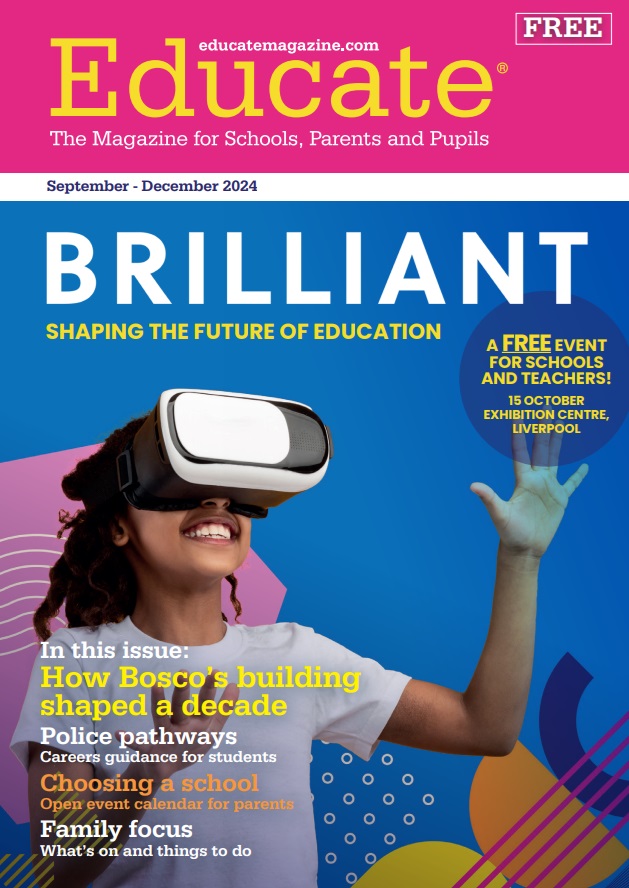Young people may be acting on social and environmental issues less than they want to

New research by Persil and charity Global Action Plan reveals that the majority of children hold compassionate values but that they wrongly believe these values are not shared by other young people. The findings suggest this misconception is affecting young people’s ability to take action on the social and environmental issues that they want to.
The six-month project, part of the Persil Dirt is Good Project, aims to help young people understand that acting on social and environmental issues is the norm, not the niche. The research outlines the impact the values-perception gap has on children in terms of how they learn and the extent to which they feel they can act on the issues they care about.
Analysis of the research found that when young people do not think others are compassionate:
• They act less compassionately themselves
• Their wellbeing suffers
• They feel more worried about the future
Included in the survey were 916 children between the ages of 7 -18. Of the children surveyed in the UK:
• 86% prioritised compassionate values over self-interest values
• 96% said caring for other people was ‘important’ to them
• 89% said caring for the natural world was ‘important’ to them
Despite the hardships experienced over the last year, the survey further found the COVID-19 pandemic has led to young people becoming more compassionate than ever. Two thirds (66%) reported that since the onset of COVID-19, they felt they cared even more about other people.

However, the survey also revealed a values-perception gap, whereby young people misconceive the values that their peers hold. Only 14% of children surveyed prioritised self-interest values over compassionate values, but more than one in three (38%) believe other young people would prioritise self-interest. This jumps to one in two (48%) for 16–18-year-olds.
The research is launching in the form of a whitepaper, titled “Generation Action: How to unleash the potential of children and young people to take positive action and create a better world for all,” and is launching at a panel event hosted by Persil and Global Action Plan. The event will bring together academics and thought leaders on wellbeing, education, and environmental issues, to explore how young people’s perception of compassionate values, impacts how they act on issues they care about.
Persil and Global Action Plan are calling on school leaders to sign up for the event to discuss the implications for PSHE and how young people are encouraged to engage in social programmes.
Sarah Hannafin, Policy Advisor, National Association of Headteachers (NAHT), says: “This research highlights a catch-22 whereby young people are choosing not to reveal their compassion for fear of not fitting in. This means that they take part in social and environmental action less than they would like to – to the detriment of their own wellbeing and their impact on the world around them. It is vital that we provide opportunities for them to work together and see that others are just as compassionate as they are.”
Richard Gerver, author and education leader adds: “The events of the last year have taught us a great deal about the power of community, collaboration, and common purpose. The repercussions are many but most profoundly for our children who will be the generation that need to find a way forward to a better, more secure and more sustainable future. This research will provide a catalyst for the changes and developments our education system needs to truly prepare young people to meet that challenge.”



